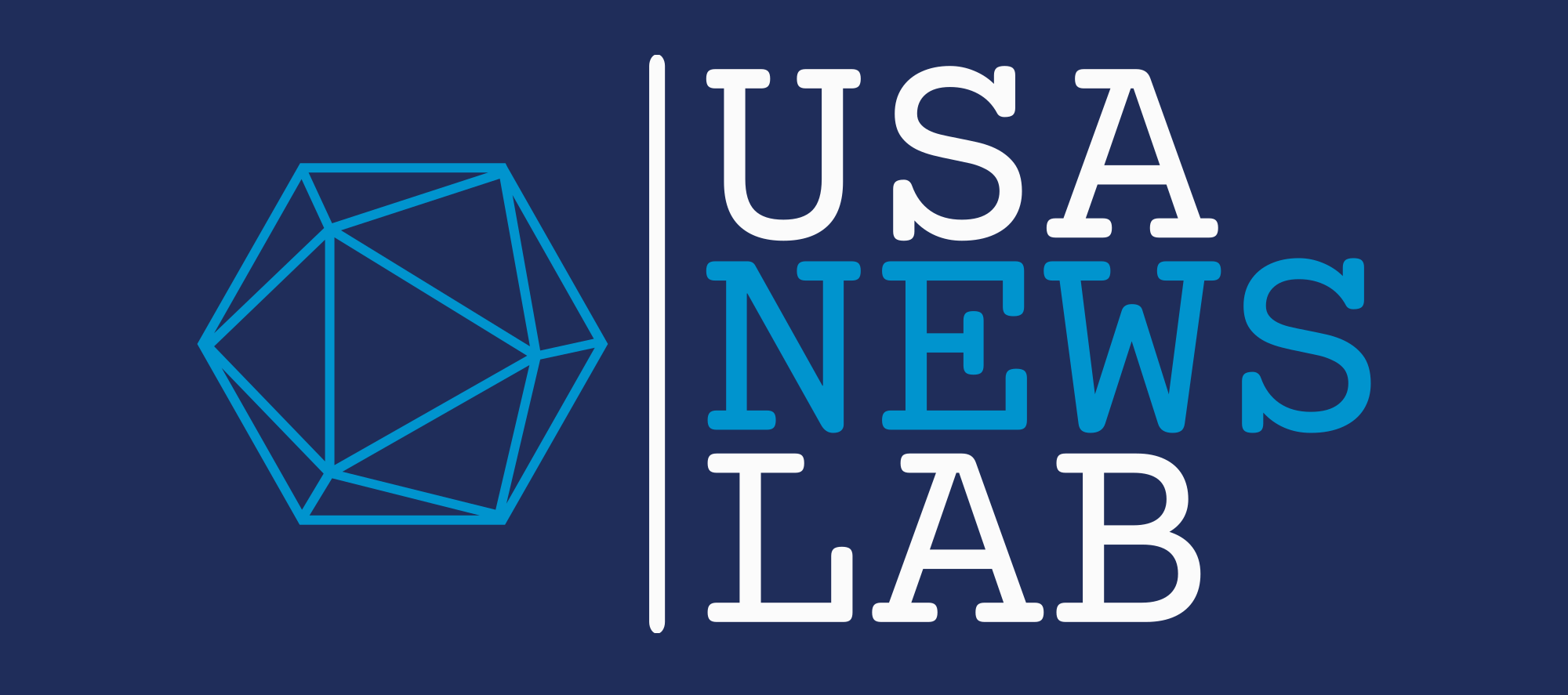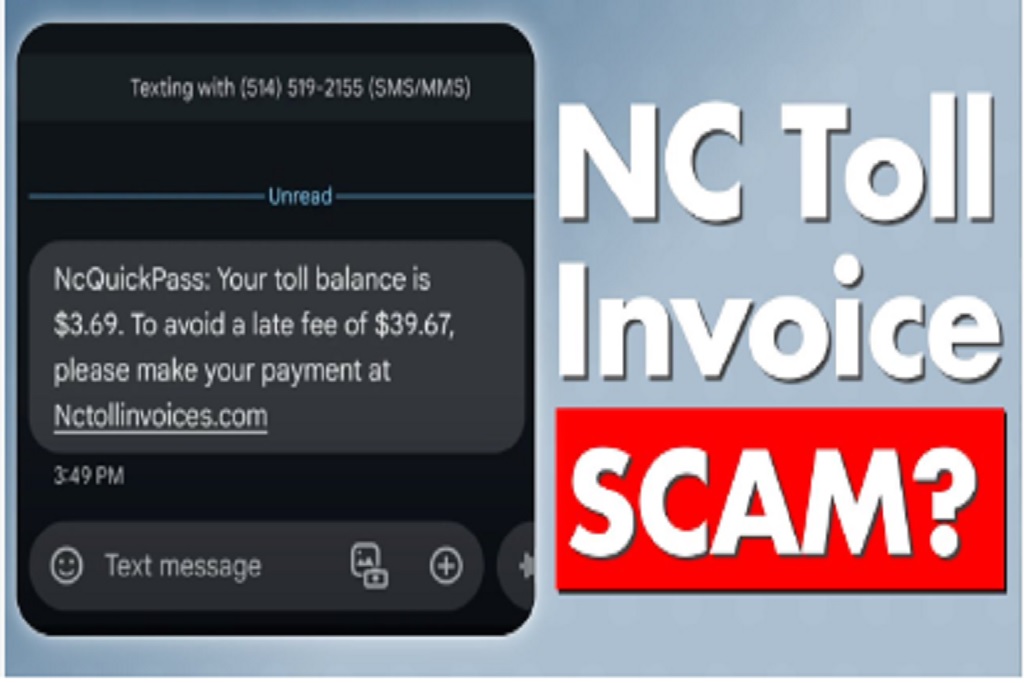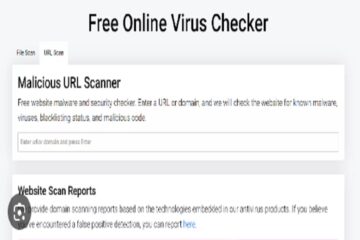As technology develops and technology advances, so do the strategies of scammers seeking to take advantage of vulnerable people. The most recent scam to strike North Carolina residents is the NC Toll Invoices SMS Scam, a scam that aims in luring victims into divulging the details of their financial and personal data. In this report you’ll explore all the details of this scam, including how it works, and how is the best way to safeguard yourself.
ALSO READ
Furzero™ Silicone Reline Denture Set Review: Trendifendi com – Scam or legit?
Thermarocket heater Review {2024}: Is Thermarocket com Legit?
Alpha Force Male Enhancement Review: Usa-alphaforce com – Scam or legit?
How the Scam Works
This NC Toll Invoices Text Scam is carried out in a sequence of carefully planned steps that are that are designed to trick victims into divulging financial and personal information. Here’s an detailed outline of each step of the method used to deceive:
Step 1: The Deceptive Text Message
The fraud begins with a misleading text message directly to a victim’s mobile phone, purporting to originate an email from NC Toll Invoices. The message claims that the victim has an unpaid toll invoice for their vehicle. They they must pay their amount of $5.89 immediately in order to avoid the extra $150.00 penalty for late payment.
Step 2: The Fake Website
After clicking on the link within the message the user is taken to a fake web page created to look similar to that of the legitimate NC Toll Invoices site. The fake website appears credible and professional complete of official branding and logos, which makes it hard for people to recognize that it’s a fraud.
The fake website usually includes an online payment system where users are asked to input the details of their personal and financial details in order to settle their not-paid toll bill. The website may also offer sections to dispute or lower the amount due to the toll, thus making it appear more legitimate.
Step 3: Harvesting Personal and Financial Information
When a victim is on this fake site, customer is required to supply numerous financial and personal information in order to settle their alleged balance. The site typically asks for details like:
Full name
Birth date
Email address
Primary telephone number
Address for home (including city address, state, and zip code)
Credit or debit card details (card number expiration date CVV)
Scammers might also label specific fields as mandatory by requiring victims to supply all required information prior to they allow them to complete the payment.
Step 4: Identity Theft and Financial Fraud
When a person who is victimized submits their financial and personal information on the fake website the scammers collect the information and use it for a variety of illegal purposes. They could make purchases that are not authorized or open new accounts under the name of the victim, or sell the information they collect on the internet dark to criminals.
In a few instances, fraudsters could use stolen information in order to perpetrate identity theft that can result in long-lasting damage on the victims. They could start fresh credit lines or obtain loans and even make false tax returns with the information of the person who was hacked.
Scam Overview
The NC Toll Invoices Text Scam is a scam designed to target people by sending misleading messages that claim to come coming from NC Quick Pass. The messages state that the person receiving them is owed a toll invoice for their vehicle, and that they must pay the amount of $5.89 promptly to avoid paying the extra $150.00 penalty for late payment. The text also contains a link to a site, which appears to be a legitimate NC Toll Invoices site but is in fact a fake created to steal financial and personal information.
The scammers behind this scheme are skilled in crafting convincing text messages and websites that closely resemble genuine NC Toll Invoices communications. They employ the urgency of language and threat to charge massive late fees to force users into action without thinking about the consequences. The fake website is designed to appear professional and credible complete with official-looking logos and branding. This makes it easy for even most cautious people to fall prey to scams.
It is important to know that the real site for NC Quick Pass is ncquickpass.com not the fake website referenced in the fraudulent text message. NC Quick Pass is the official electronic toll collection system of North Carolina Turnpike Authority. North Carolina Turnpike Authority, and they will not send out texts requesting payments or personal details.
Scammers frequently employ tactics of fear and an urgency-based approach to get victims to comply to their requests. With the threat of a huge $150.00 due to late payments, the scammers attempt to get people to act fast, without taking time to confirm the authenticity of the website or message. This is a typical tactic used in numerous frauds, not just those that use the NC Toll Invoices Text Scam.
Frequently Asked Questions
Q1: What is the NC Toll Invoices Text Scam?
A1 A1: NC Toll Invoices Text Scam is a shady scheme in which scammers send misleading text messages to people who claim to have an unpaid invoice for tolls. The messages contain a hyperlink to a fake site designed to steal financial and personal details from innocent victims.
Q2: What can I do to discern a fake text coming from NC Toll Invoices?
A2: Scam text messages often contain urgent language, and threaten massive late fees and contain URLs that closely resemble NC Toll Invoices site. In the event that you are sent a message that claims to originate coming from NC Toll Invoices, do not click on any link. Instead, call NC Quick Pass directly using their official website (ncquickpass.com) or by phone to confirm the authenticity that the messages are genuine.
Q3: What kind of information do scammers hope to steal from their fake web site?
A3 The bogus NC Toll Invoices website asks customers to provide their personal financial and personal information including the full names of their loved ones, birth date email address, telephone number, home address as well as credit or debit card details such as cards number and expiration date and CVV.
Q4 What do I do if I click on the hyperlink within the text message from a scam but didn’t give any details?
A4 If you clicked the link, but didn’t provide any financial or personal details, your personal or financial information is probably secure. However, it’s recommended to run a virus scanner for your computer to confirm there were no viruses downloaded when you visited this fake site.
Q5 How should I respond if receive an unsolicited text message purporting to originate coming from NC Toll Invoices?
A8: If, for any reason, you receive an untrustworthy text message that claims to originate coming from NC Toll Invoices, do not click on any link or give any financial or personal details. Instead you should report the message to the mobile operator by forwarding it via the number 7726 (SPAM) and then delete this message off your mobile device.
The Bottom Line
The NC Toll Invoices Text Scam is a scam that aims to trick innocent people to reveal their financial and personal information. Through sending misleading text messages and establishing false websites, the scammers play on victims’ fear of fees due to late payment and legal penalties. If you receive an unsolicited text message purporting to originate an email from NC Toll Invoices, do not click on any link or divulge any personal details. Instead, call NC Quick Pass directly using their official website (ncquickpass.com) or their phone number to verify the authenticity and authenticity of the text message. If you’ve fallen into this trap, you must act swiftly to mitigate the harm and report the occurrence to the authorities in charge. By being aware and alert, you can safeguard yourself and your family members from being a victim of this scam and others like it.





